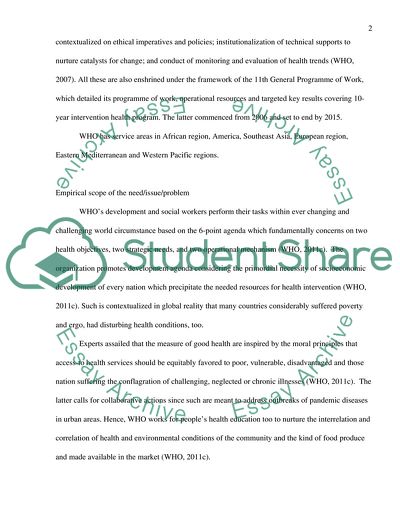Cite this document
(“World Health Organization Research Paper Example | Topics and Well Written Essays - 1250 words”, n.d.)
Retrieved from https://studentshare.org/health-sciences-medicine/1581935-world-health-organization
Retrieved from https://studentshare.org/health-sciences-medicine/1581935-world-health-organization
(World Health Organization Research Paper Example | Topics and Well Written Essays - 1250 Words)
https://studentshare.org/health-sciences-medicine/1581935-world-health-organization.
https://studentshare.org/health-sciences-medicine/1581935-world-health-organization.
“World Health Organization Research Paper Example | Topics and Well Written Essays - 1250 Words”, n.d. https://studentshare.org/health-sciences-medicine/1581935-world-health-organization.


